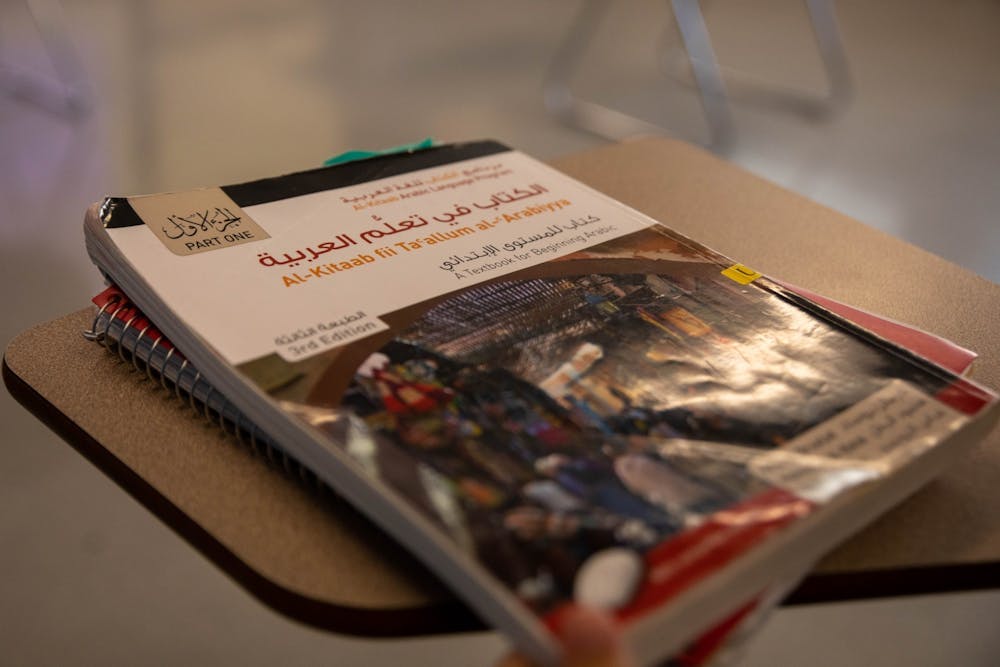Senators Todd Young, Republican from Indiana, and Tammy Baldwin, Democrat from Wisconsin, have decided to work across party lines to achieve a common goal.
Together, they have reintroduced Title VI of the Higher Education Act. The bill aims to provide funding and other resources for universities to create and enrich programs pertaining to languages and culture — the goal being to keep American students competitive in the world economy, as international skills grow in demand.
This does not mean Ball State will only see an upgrade to its Spanish and French programs if the bill passes. The act largely focuses on programs related to the Middle East, East and Central Asia, Russia, Eastern Europe and Africa. Title VI was originally passed in 1965, but expired in 2014. The reintroduction aims to ensure quality access to world language education programs at the collegiate level.
Abdelaadim Bidaoui, assistant professor of Arabic and French at Ball State, said he doesn’t think the Department of Modern Languages and Classics has made plans yet regarding the act’s reintroduction.
“Honestly, I did not hear of the reintroduction of Title VI of the Higher Education Act,” he said via email. “As far as I remember, I did not receive any email from my department or from the university about this.”
While the news was just announced earlier in May, Indiana University (IU) President Michael McRobbie has already thanked Young for giving IU an opportunity to enrich its programs.
“We are extremely grateful for the strong support of our senior senator, Todd Young, who has spearheaded the effort to ensure continued investment in these vital programs that meet our nation's demand for global competency, engagement and innovation," McRobbie said in a May 3 press release.
If passed, Title VI of the Higher Education Act would allow federal and state government administrators to research the current standing of related university programs to determine where there are needs to be met, as well as implement grants and aid programs to encourage travel and global diplomacy.
According to Young’s official website, the typical focus of this act is on regions and languages less common or with smaller departments at a majority of universities. French and Spanish are common foreign languages at the collegiate level, likely because students might be familiar with the languages from high school and would prefer to take a language they know rather than start fresh. However, because the aim of this bill is to increase the United States’ international competency, there will likely be a focus on languages and cultures given less time and energy or not taught all together.
“It is very important for many major universities where they offer those — what are called ‘less commonly taught’ foreign languages — such as Arabic, Chinese and Japanese,” said Sadatoshi Tomizawa, professor of Japanese at Ball State. “My department offers those courses on a regular basis. Not only because of the existence of those foreign language programs in my department, but also the importance of those regions in the world under the global world of today, I would say it is critically important for BSU to be involved in Title VI.”
As the world develops and new skills become necessary to maintain the United States’ competitive edge in the world economy, Young said on his website, the reintroduction of Title VI has the potential to offer all students in Indiana and the U.S. new and enhanced opportunities to broaden their international horizons and abilities.
Contact Sam Shipe with comments at scshipe@bsu.edu or on Twitter @JournalistSam.




